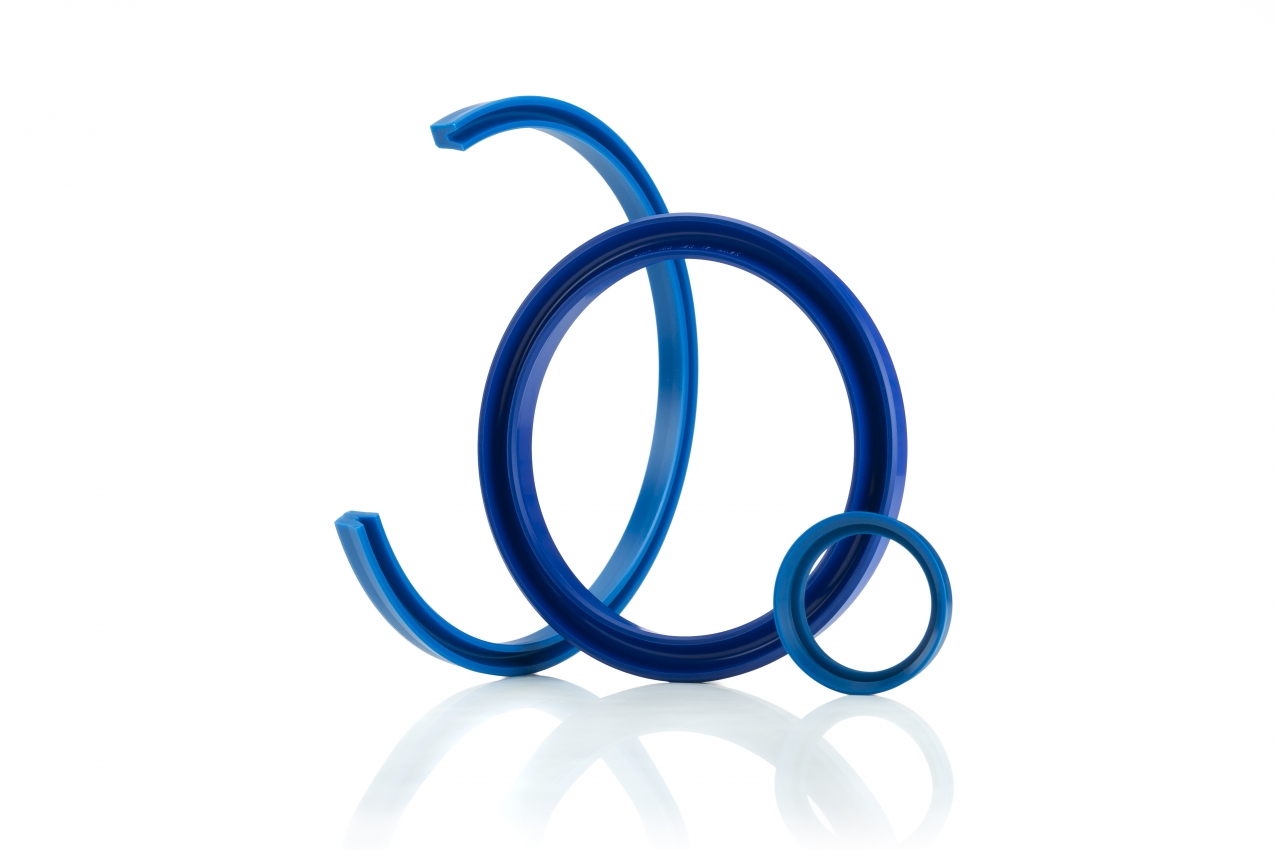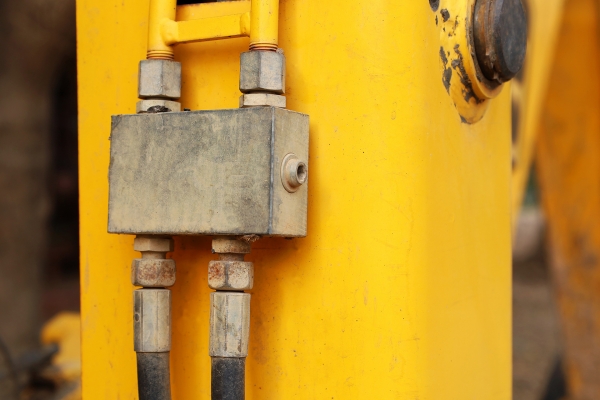-
Homepage
-
Seals and Gaskets
-
Standard Profiles
-
Piston Seal
- Single-acting piston seals for hydraulics
Single-acting piston seal as hydraulic seals
The difference between a single-acting seal and a double-acting seal is that the single-acting seal is simpler in construction. It is therefore cheaper, but less suitable for very high pressure or high and, above all, fast mechanical loads.
A single-acting piston seal for hydraulics consists of an elastic sealing ring located on the piston. The sealing ring is designed in such a way that it forms a tight barrier against the escape of liquids when the piston is moved within the cylinder. Piston seals can be made of various materials, including NBR, FKM and silicone, depending on the requirements of the application.
A properly functioning single-acting piston seal for hydraulic applications is important for the efficiency and performance of hydraulic cylinders and hydraulic systems. A leaking piston seal can lead to leaks and losses of liquid, which can lead to a reduction in performance and possible damage to the cylinder or an entire system.
Areas of application of single-acting piston seals for hydraulics
Hydraulic piston seals (single-acting) are used in a variety of applications where a seal is required between a moving and a fixed component.
Here are some examples:
- Hydraulic systems in machines and plants
- Construction and agricultural machinery such as excavators, dump trucks or tractors
- Mobile and stationary compressors
- Industrial and process pumps
- Offshore and marine applications
- In mining as well as in tunnelling
Sealing Materials for Single Acting Hydraulic Piston Seals
There are different sealing materials that can be used for single-acting hydraulic seals, depending on the requirements of the application and the conditions in which they operate.
Here are some of the most common materials:
- NBR (nitrile rubber): Generally used in standard hydraulic applications as it is cost-effective and has good chemical resistance.
- FKM (Fluorine Rubber): More resistant to high temperatures and aggressive medium.
- EPDM (ethylene-propylene-diene rubber): Good heat and aging resistance.
- PTFE (polytetrafluoroethylene): Particularly suitable for applications with high pressures and speeds as well as for strongly chemical media.
Silicone: Resistant to high and low temperatures.
It is important that the right sealing material is selected to ensure durability and high performance.


